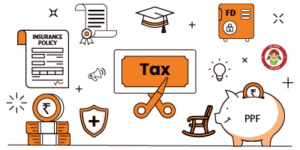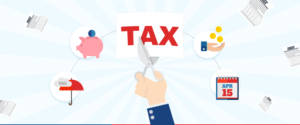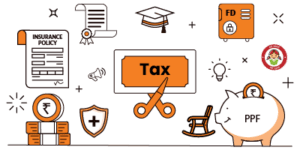1. Introduction
Understanding and implementing tax-saving strategies can help individuals and businesses reduce their tax liabilities and increase their overall financial efficiency. This guide provides valuable tips and strategies to maximize your tax savings.
2. Understand Your Tax Obligations
Start by gaining a clear understanding of the different types of taxes you may be liable for and the relevant filing deadlines. This includes income tax, self-employment tax, property tax, and sales tax, among others.
3. Take Advantage of Tax Deductions
Identify and leverage tax deductions available to you. Some common deductions for individuals include mortgage interest, state and local taxes, medical expenses, and charitable contributions. Small business owners can deduct expenses such as home office expenses, business travel, and professional fees.
4. Maximize Retirement Contributions
Contributing to retirement accounts offers dual benefits of tax savings and long-term financial security. Maximize your contributions to accounts like 401(k)s and IRAs to reduce taxable income and benefit from potential tax-deferred or tax-free growth.
5. Consider Tax-Advantaged Investments
Explore tax-advantaged investment options that offer specific tax benefits. Municipal bonds provide tax-free interest income, while Health Savings Accounts (HSAs) allow for tax-deductible contributions and tax-free withdrawals for qualified medical expenses. Additionally, 529 College Savings Plans offer tax-free growth and withdrawals for education expenses.
6. Optimize Tax Credits
Tax credits directly reduce your tax liability, so take advantage of available credits. Examples include the Earned Income Tax Credit (EITC), Child Tax Credit, and education-related credits like the American Opportunity Credit and Lifetime Learning Credit.
7. Keep Track of Expenses and Receipts
Maintaining organized records of your expenses and receipts is crucial for accurate tax filing and maximizing deductions. Create a system to store and categorize your financial documents, and consider using digital tools for convenience.
8. Plan for Charitable Contributions
Donate to qualified charitable organizations to support causes you care about and potentially receive tax benefits. Keep detailed records of your contributions, including receipts or acknowledgments, to claim deductions accurately.
9. Timing Strategies
Timing your income and expenses strategically can impact your tax liability. Consider accelerating or deferring income based on your tax bracket, and strategically time capital gains and losses to optimize your tax situation.
10. Consult with a Tax Professional
Seeking advice from a tax professional can provide valuable insights into tax planning and strategies tailored to your specific circumstances. They can help you identify additional tax-saving opportunities and ensure accurate and compliant tax preparation.
11. Stay Informed about Tax Law Changes
Tax laws undergo regular updates, so staying informed is essential. Monitor updates from the Internal Revenue Service (IRS) and consult reliable sources to understand any changes that may impact your tax planning and filing.
12. Conclusion
By implementing these tax-saving tips and strategies, you can optimize your tax efficiency and potentially reduce your overall tax liability. Remember to consult with a tax professional for personalized advice and ensure compliance with current tax laws.
13. FAQs
Q: Can I deduct business expenses if I work from home? A: Yes, you may be eligible to deduct certain home office expenses if you meet specific criteria. Consult with a tax professional to determine your eligibility.
Q: Are there income limits for contributing to a Roth IRA? A: Yes, Roth IRA contributions have income limits. Consult with a tax professional to understand the eligibility requirements and contribution limits.
Maximizing tax savings requires careful planning, organization, and awareness of available opportunities. Implement the strategies outlined in this guide, seek professional advice when needed, and stay informed about tax law changes to optimize your tax efficiency.






